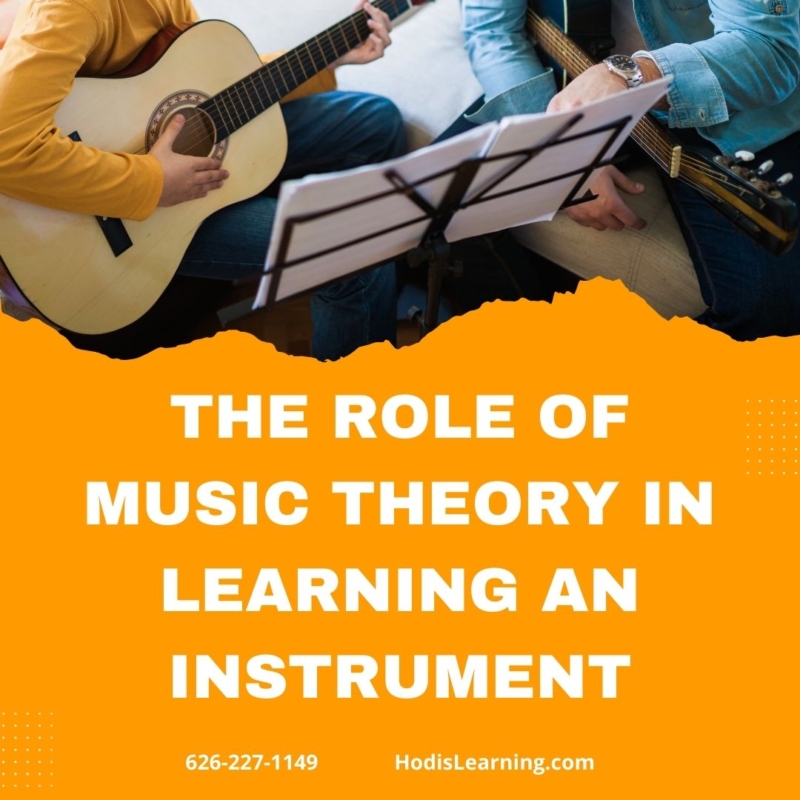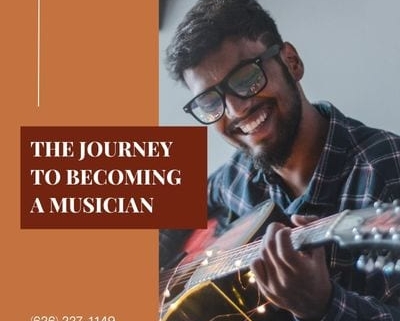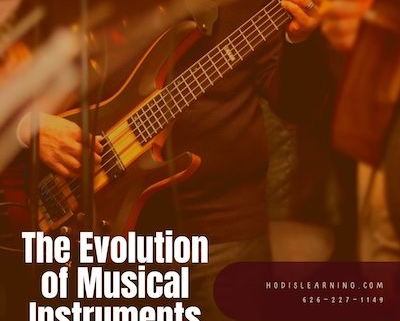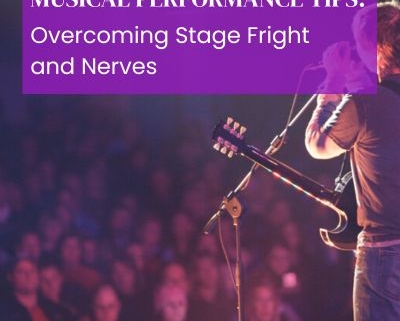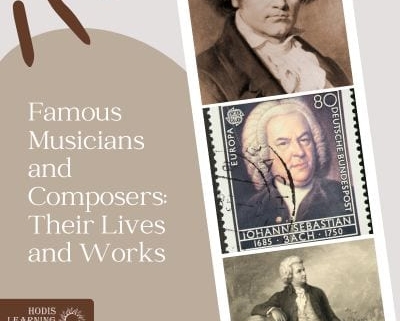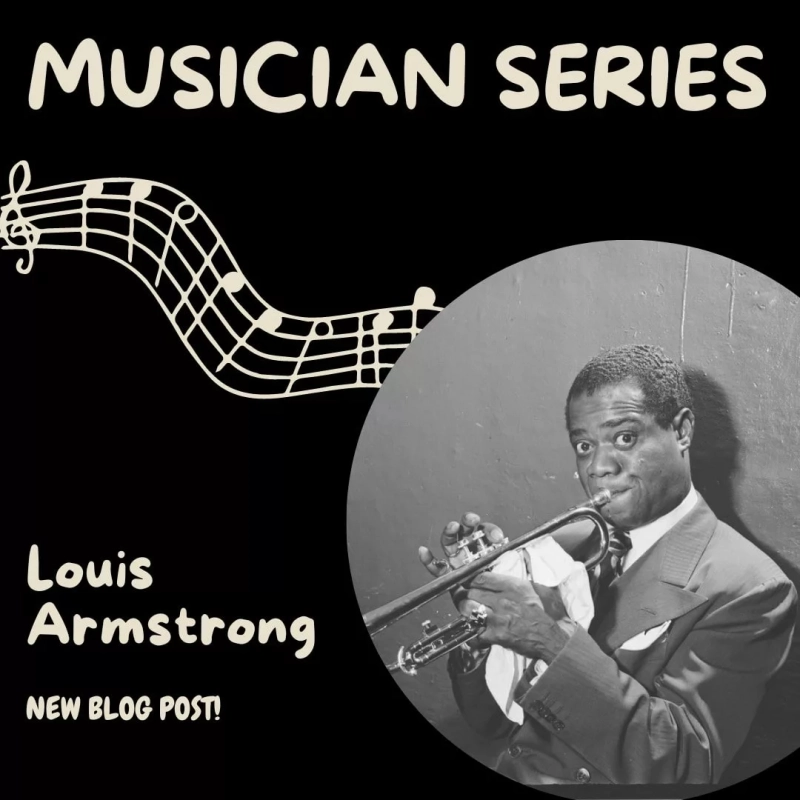Students and musicians might have mixed feelings about music theory. Some see it as an essential foundation, others might view it as a tedious exercise. However, understanding music theory is invaluable when it comes to learning an instrument. It can provide a deeper comprehension of music, enhance performance skills, and foster creativity. We’ll explore the role of music theory in mastering an instrument.
Understanding Musical Structure
At its core, music theory provides the framework for understanding the structure of music. It explains the elements that make up music, like notes, scales, chords, modes, tunings, rhythms, and how they interact. By learning music theory, students can decode the complexities of a piece, making it easier to read and interpret sheet music. This foundational knowledge allows musicians to understand the relationships between notes and chords, and improve your performance.
Enhancing Sight-Reading Abilities
One of the most practical benefits of music theory is the improvement of sight-reading skills. When musicians understand key signatures, time signatures, and rhythmic patterns, they can more quickly and accurately interpret new pieces of music. This ability is particularly valuable in ensemble settings, where players often have to read and perform unfamiliar music on short notice. Strong sight-reading skills also open up opportunities for students to explore music and become a stronger performer.
Facilitating Improvisation and Composition
Music theory is not just about reading and playing existing music; it also empowers musicians to create their own. Knowledge of scales, chord progressions, and harmonic functions provides a toolkit for improvisation and composition. Musicians can experiment with different combinations of notes and chords, understanding how they work together to create melodies and harmonies. This creative aspect of music theory encourages students to develop their own musical voice and style.
Improving Technical Proficiency
You need more than physical dexterity to be proficient on an instrument. Music theory helps musicians recognize common patterns and structures, such as scales, arpeggios, and chord shapes. Practicing these patterns with theoretical knowledge in mind can make technical exercises more meaningful and effective. For example, knowing the relationship between major and minor scales can help with faster finger placement and smoother transitions.
Aiding in Musical Interpretation
Understanding the underlying theory of a music piece helps musicians make informed decisions about phrasing, dynamics, and articulation. For example, recognizing a chord progression or a modulation can guide your expressive choices, leading to more nuanced and emotionally engaging performances. This deeper connection to the music creates a more profound and satisfying playing experience.
Building Confidence and Independence
A solid grasp of music theory builds confidence and independence in musicians. When students understand the principles behind the music they play, they are less reliant on rote memorization and more capable of problem-solving on their own. This autonomy is crucial for long-term musical development, as it encourages continuous learning and exploration. Confident musicians are also more likely to take on challenging pieces and perform in public, further advancing their skills and enjoyment.
Final Thoughts
The role of music theory in learning an instrument cannot be overstated. It provides the foundational knowledge needed to understand musical structure, enhances sight-reading abilities, helps with improvisation and composition, improves technical proficiency, and builds confidence and independence. By integrating music theory into practice, students can unlock their full potential as musicians. Embracing music theory is not just about meeting academic requirements; it’s about becoming a well-rounded, versatile, and expressive musician.
If you’re ready to hone your music theory skills, consider signing up for music lessons at Hodis Learning & Music. Call or email us today to get started.

